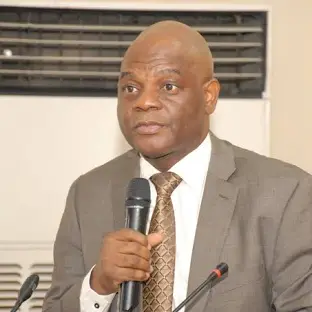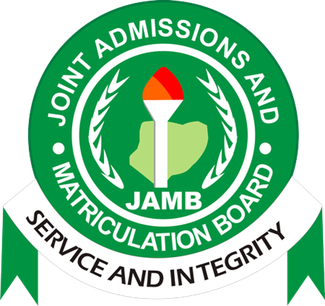A report by the World Bank has raised alarm over Nigeria’s deepening literacy crisis, revealing that the majority of school-age children across several regions are unable to write beyond their own names.
According to the World Bank’s 2023/2024 Education Sector Report, released on Monday, an astonishing 90.1 per cent of children in the North-West and 90.0 per cent in the North-East lack even the most basic writing skills. The situation is scarcely better in the North-Central region, where 73.7 per cent of children are similarly affected.
Although literacy levels are comparatively higher in the South, the figures remain a cause for concern. The report found that 54.9 per cent of children in the South-East, 43.2 per cent in the South-South, and 34.8 per cent in the South-West are unable to progress beyond writing their names.
“These figures underscore a profound learning crisis affecting millions of Nigerian children,” the World Bank said in a statement. “Urgent, coordinated efforts are needed to address systemic gaps in early childhood education and foundational literacy.”
The report also highlighted stark regional disparities, urging Nigerian authorities, development partners, and civil society actors to “prioritise investment in primary education, particularly in Nigeria’s northern states, where insecurity and poverty continue to hinder school attendance and the quality of learning.”
The Bank further warned: “Without foundational literacy, the future prospects of Nigeria’s youth—and the nation’s development—are at serious risk.”
The findings come against the backdrop of broader concerns about Nigeria’s struggling education sector, where inadequate infrastructure, a shortage of qualified teachers, and widespread poverty continue to undermine learning, particularly in rural and conflict-affected areas.



